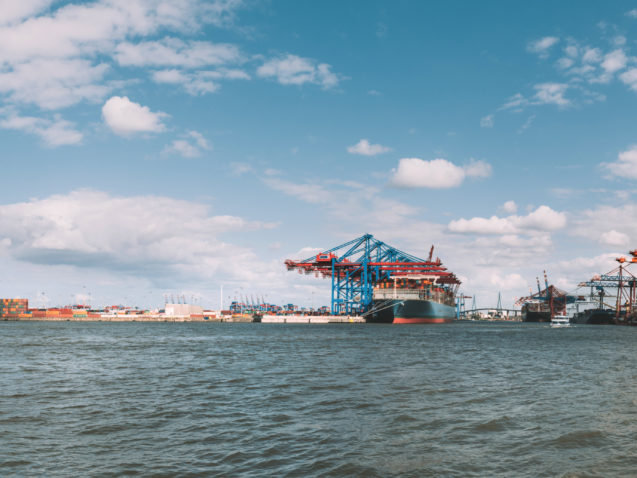According to latest estimates, globally today there are 27.6 million people in forced labour on any given day. This staggering number reflects the need to urgently tackle this global problem which is affecting businesses and society alike.
The European food and drink industry is committed to lead by example by upholding the highest standards of human and labour and environmental practices, in all business activities throughout the food value chain.
FoodDrinkEurope members have voluntarily integrated environmental and human rights due diligence into their business processes, policies and procedures throughout their value chains guided by the UN Guiding Principles on Business and Human Rights, the OECD Guidelines for Multinational Enterprises, and the International Labour Organization (ILO) Declaration on Fundamental Principles and Rights at Work.
In this context, we support the European Commission’s ambition to address and support the eradication of forced labour in global supply chains, thus contributing to the implementation of the United Nations (UN) Sustainable Development Goal (SDG) 8.7.
The development of EU legislation to prohibit products made with forced labour on the EU market (domestic products, exports and imports) should aim at creating a level playing field and legal certainty for all businesses established within and outside the EU, while also strengthening international cooperation and collaborative multi-stakeholder initiatives to address forced labour risks.
Beyond prohibiting products on the EU market, the legislation must promote impactful action on the ground to yield positive outcomes for vulnerable individuals and communities at risk of forced labour and improve working conditions.



